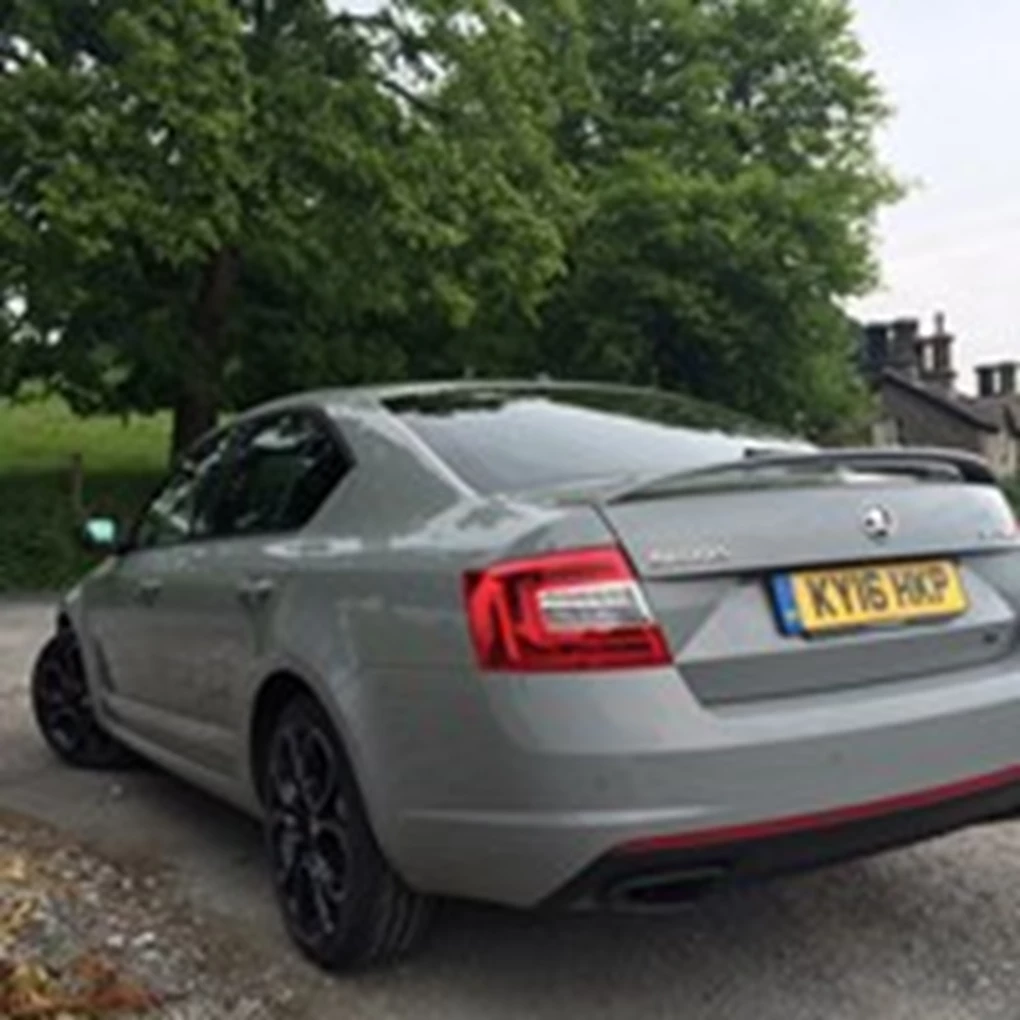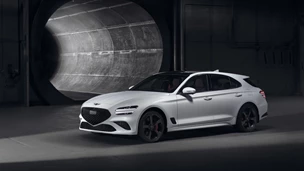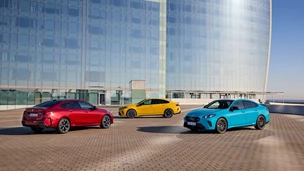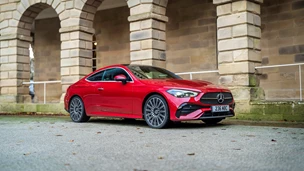The most powerful vRS-badged Skoda ever.
Introduction
The most powerful vRS-badged Skoda, and the fastest too, the Octavia vRS 230 rightfully sits at the top of Skoda’s current performance range with more power and more kit than any other.
Available as both a hatchback or an estate, the 230 is set apart by its massive alloys, blacked-out mirror caps and grille, and also by the fact that it comes with a trick limited-slip differential to make it even more effective in the corners.
Essentially, it’s the equivalent of the Performance Pack option for its sibling, the Volkswagen Golf GTi. But how does the vRS 230 stack up against rivals, and is it worth the extra money over a regular vRS?
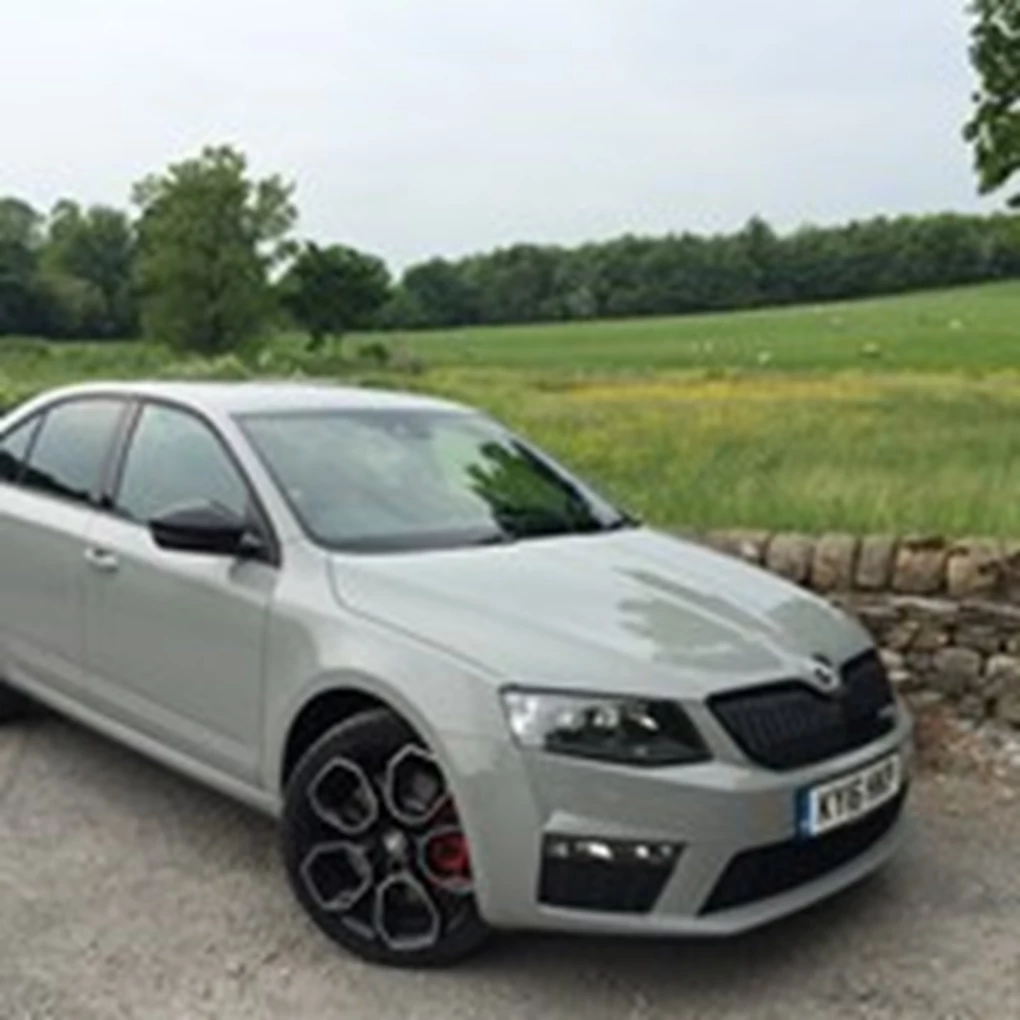
Performance
The Octavia vRS 230 is exclusively powered by the 2.0-litre turbocharged petrol engine available in the vRS range, but which gains an extra 10bhp courtesy of an ECU remap and a new sports exhaust system to reduce back pressure.
As a result, the 230 produces a maximum of 227bhp with 350Nm of torque, which is available from just 1,500rpm and which can take the hatch from 0-62mph in just 6.7 seconds when equipped with the six-speed manual gearbox.
That means that it’s 0.1 seconds quicker on the benchmark sprint than the regular Octavia vRS and has had its top speed raised by a grand total of 1mph to 155mph. In truth, although the extra power sounds exciting you’ll either need an extremely sensitive posterior or a mightily accurate stopwatch to be able to tell any difference.
Which isn’t to say that it’s bad, of course. The vRS still pulls hard with minimal turbocharger lag, although we’d recommend the manual gearbox instead of the six-speed DSG, which tends to be a bit lazy in its shifts and as a result is slower than the manual by 0.1 second – essentially scrubbing off the 230’s slight power advantage.
More exciting is the new sports exhaust, which snickers into life once you push the starter button and rev it up. It’s sounds noticeably bawdier than that on a standard vRS, and will make the diesel version sound like a rental van in comparison.
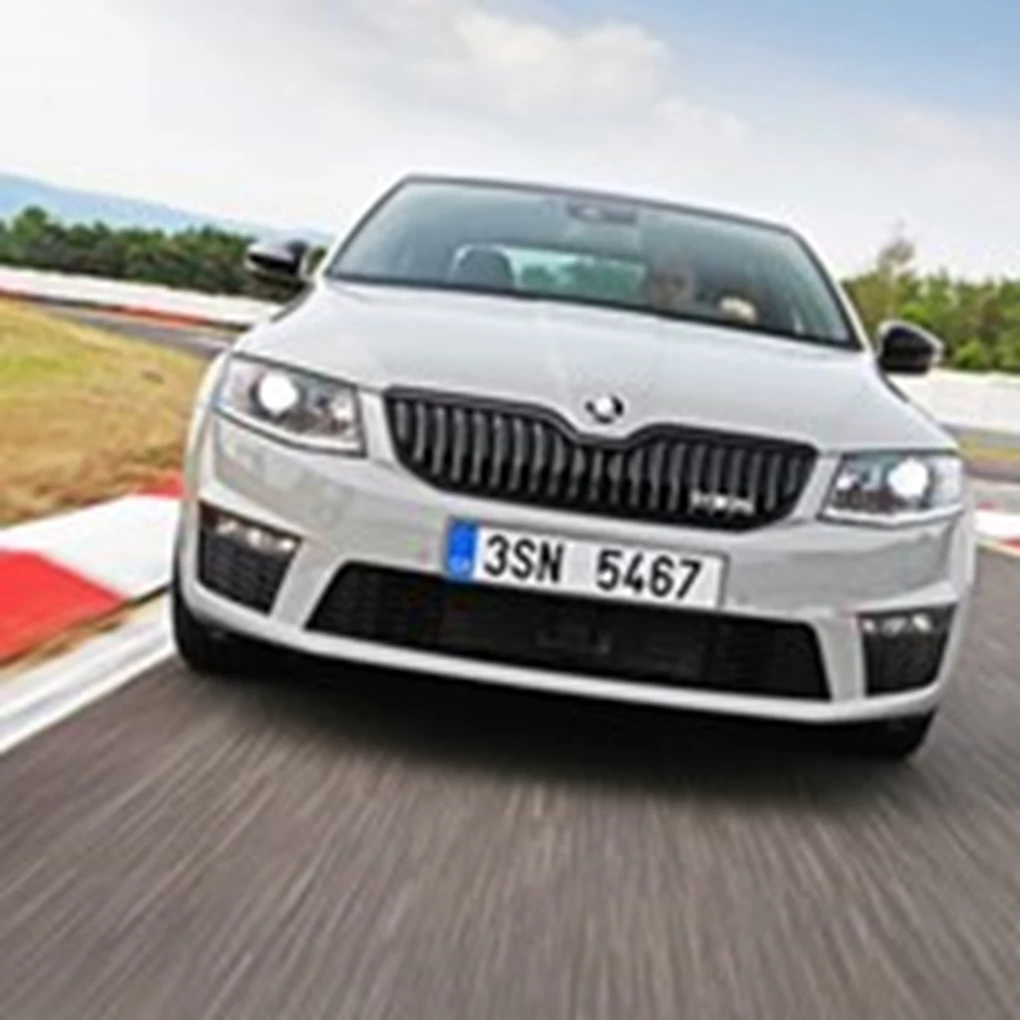
Ride and Handling
Like the standard vRS, the 230 sits on sports suspension a full 12mm lower than the regular Octavia hatchback, and feels incredibly planted on the road, with a sure-footedness that escapes many other front-drive hot hatches.
It’s precise at speed, the ride is sprung as well as any other hot Volkswagen Group car and it’s also remarkably balanced, even if the big alloys make it a bit more uncomfortable and boomy over uneven surfaces.
It’s still cut from the same cloth as VW’s sporty offerings as well thanks to its various shared parts, and the MQB platform on which it’s built, which focuses on reducing weight, makes for sharp handling with a surprisingly neutral balance for a front-wheel drive car.
What really sets the 230 apart from the rest of the range is the electronically-controlled mechanical limited slip differential. It’s essentially the same as that you find in the Haldex four-wheel drive system that’s in cars like the Volkswagen Golf R, but without the rear two wheels driven.
The diff allows as much as 100 per cent of the engine power to go through one of the front wheels in order to provide greater traction and control through corners, and also to improve stability on low-grip surfaces and adverse cambers.
Particularly in tighter corners the differential does a good job of allowing the car to resist understeer, and although it doesn’t make it feel radically faster it does feel a measure more controlled.
However, the Octavia vRS has never been as exciting to drive as some of its rivals and it’s certainly no track car. You’ll never get the same seat-of-your-pants feeling that you would behind the wheel of a Renaultsport Megane or a GTi, largely due to its bigger wheelbase and heavier weight.
It’s also a real shame that the 230 doesn’t get the option of four-wheel drive like other Octavia vRS models, as the extra traction and stability would really suit the extra power, allow it to be pushed that bit harder and potentially make it accelerate faster too.
It’s precise at speed, the ride is sprung as well as any other hot Volkswagen Group car and it’s also remarkably balanced.
Did you know?
Approximately one in every four Skoda Octavias sold in the UK is a vRS model.
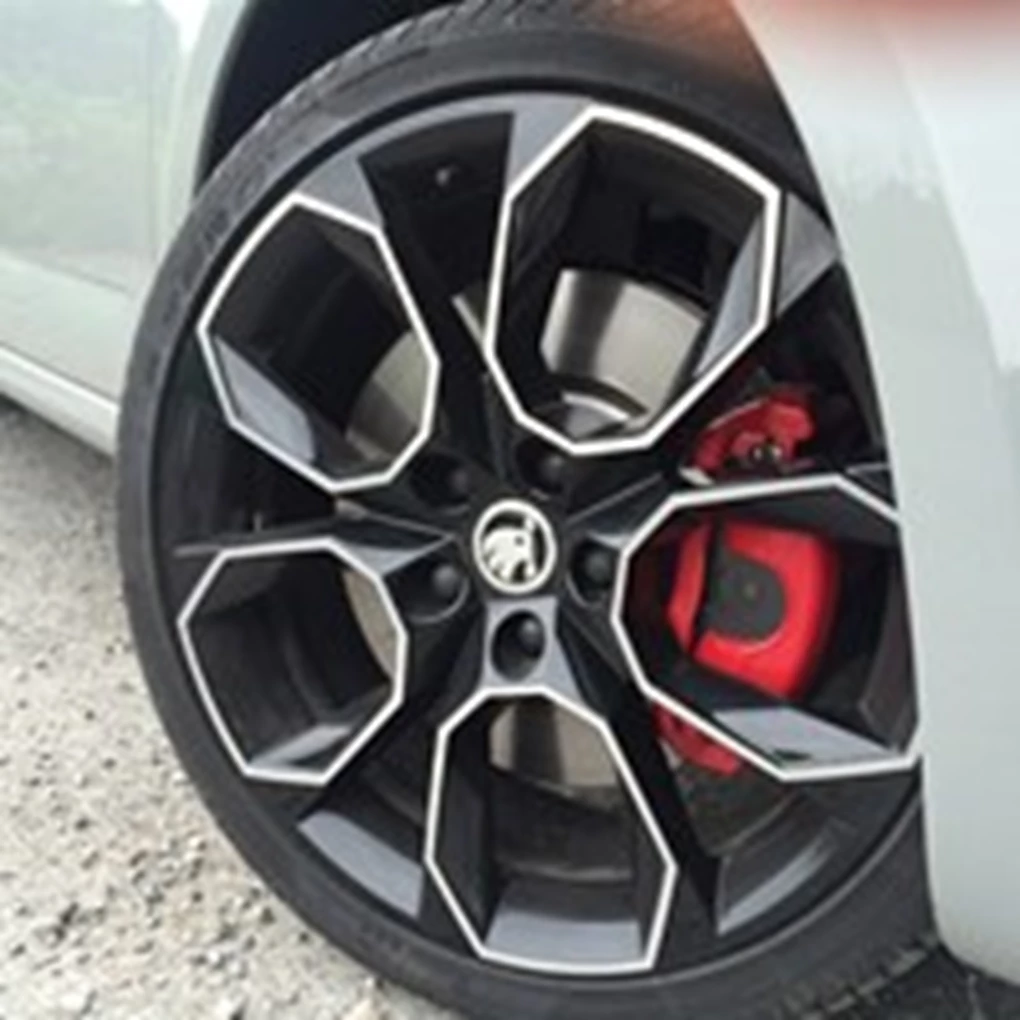
Interior And Equipment
Aside from the power boost and the front LSD, the rest of the vRS 230 is more or less all standard Octavia. Although measured against cars like the Focus ST or the Golf GTi the vRS is a lot less shouty about its sportiness, it’s still a handsome car to look at inside and out.
What the 230 does get over the standard vRS is unique 19-inch alloys, a boot spoiler and a flat-bottomed steering wheel, while it also carries over the same sports seats and aluminium pedals as the other vRS-badged cars.
Standard kit includes xenon headlamps with LED daytime running lights, dual-zone climate control and rear parking sensors, plus it’s also the only Octavia vRS that gets sat-nav as standard.
Although rivals might be more overtly sporty, the Octavia really excels with its practicality. In terms of roominess it’s probably the best hot hatch on the market right now, while there’s even a massive 1,580 litres of load space in the boot.
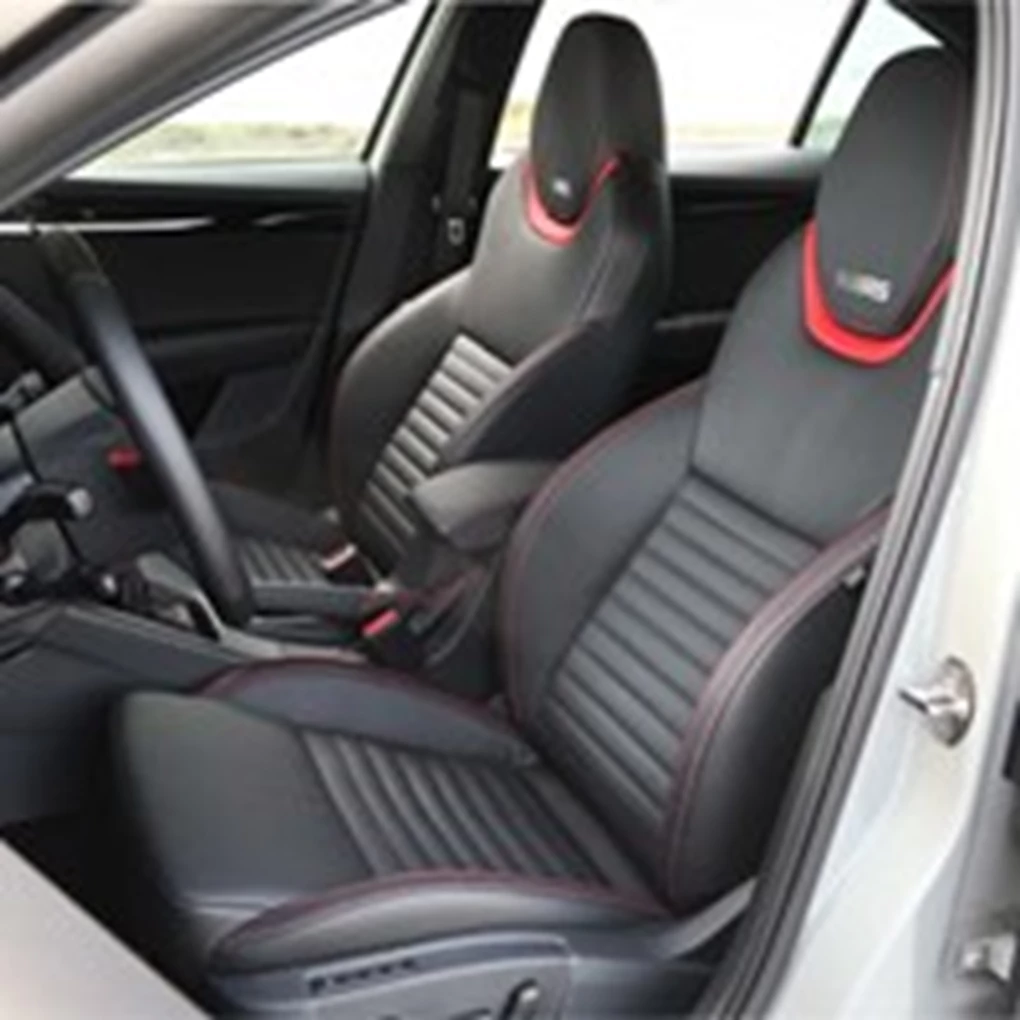
Cost
The Octavia vRS has always had a reputation for being a performance bargain and the current model still sticks to that cost-effective principle. The standard vRS costs £24,230 while this range-topping 230 model is priced from £26,350.
Considering that adding on things like heated seats, sat-nav and parking sensors – all of which come as standard on the 230 - to a regular vRS would cost nearly £2,500, the 230 with its extra equipment, new exhaust and trick diff is even more of a bargain.
In terms of running costs the 230 is decent, with claimed fuel economy of up to 45.6mpg and 142g/km of CO2, but if efficiency is your thing you’d probably be better going for the diesel vRS, which returns 64.2mpg with just 119g/km of CO2.
The Octavia vRS has always had a reputation for being a performance bargain and the current model still sticks to that cost-effective principle.
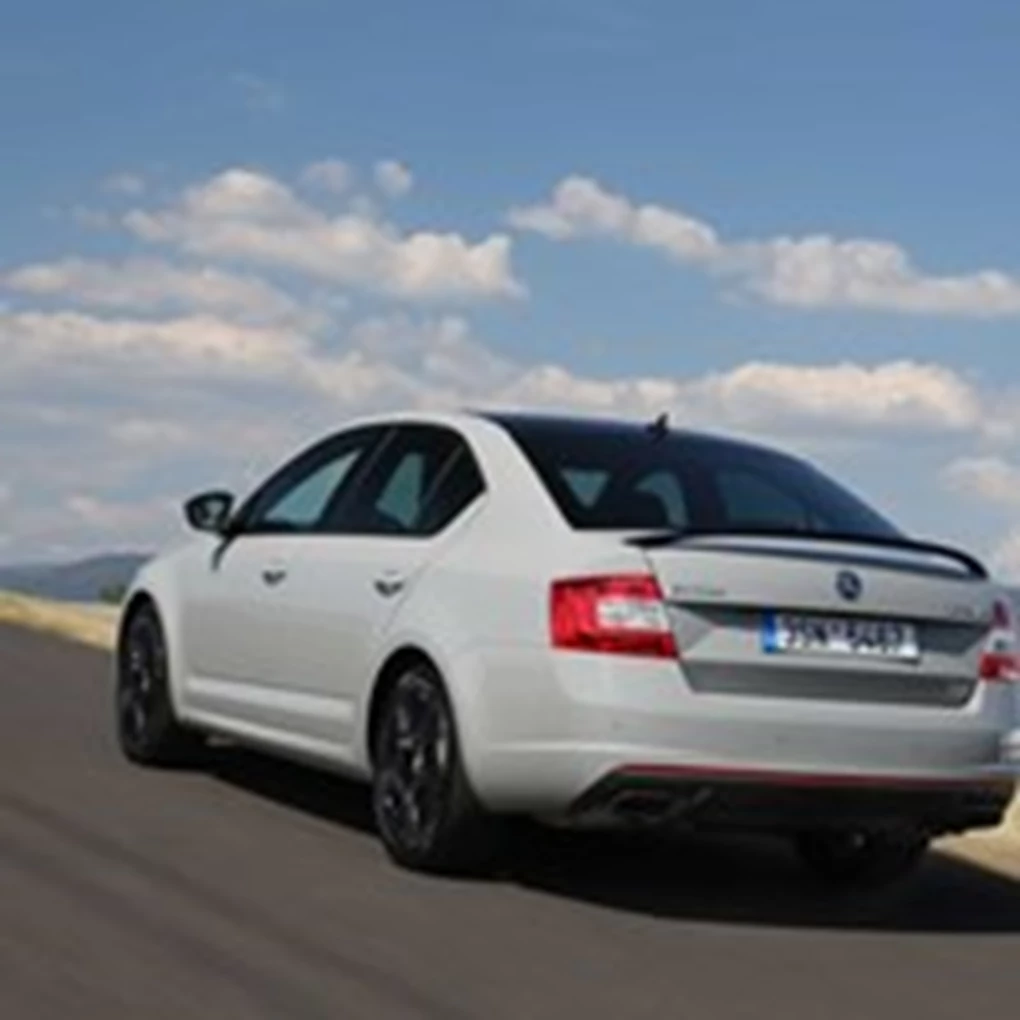
Our Verdict
The vRS has always been the smart man’s hot hatch rather than a gaudy weapon to be brandished by the backwards snapback generation, and with its blend of performance, practicality and affordability the 230 might be the smartest choice of all.
It’s still one of the subtler cars in its class and not without its faults, but it’s easy to see why the vRS is so popular among buyers. For such a slight extra cost, the extra performance and exclusive kit on the 230 is well worth it, making it the pick of the bunch when it comes to the vRS range.
